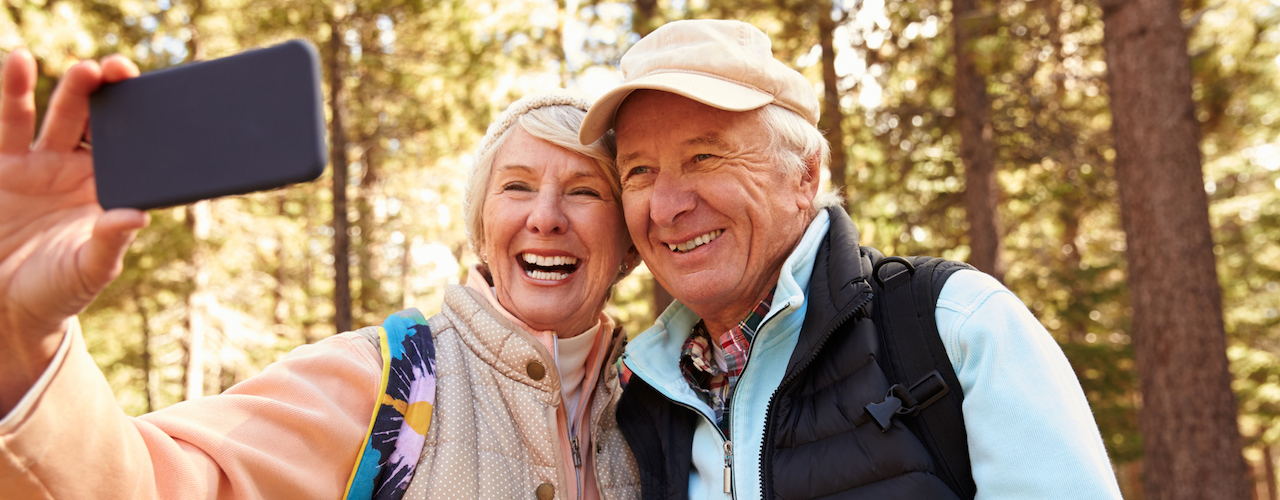A look back at hospital marketing trends: Fringe social networks
2016 hospital marketing trends wrap-report
Note: This is part of a series of blog posts related to our 2016 Hospital Marketing Trends White Paper. We will review and discuss one trend a week and provide feedback about what happened in 2016 and what’s to expect in 2017. If you’re interested in finding out more, then download our 2017 Hospital Marketing Trends white paper today.
Due to significant changes in government and our current political climate, the future of healthcare is more uncertain than ever before. Although we can’t predict what’s in store for next year, when you’re informed about the past, planning for the future is easier.
We recently challenged our agency to review our 2016 Hospital Marketing Trends white paper and report about what stayed the same and what changed for the future.
Here’s what we came up with:
What we said:
User-generated content, influencer marketing, and Snapchat have become very popular over the past year with lifestyle brands. In 2016, hospitals and healthcare organizations will find effective and creative ways to leverage these consumer channels to market specific programs and service lines with great success. While these may not be a perfect fit for all service lines, it could be a great fit for maternity, pediatrics, and general wellness or population health because the target audience is similar to those of lifestyle brands.
What happened:
Hospitals or health systems don’t heavily use Snapchat yet, but we found that individual doctors, mostly plastic surgeons, use Snapchat and other social media platforms to spread awareness and gain popularity. Dr. Sandra Lee, a board-certified California dermatologist, uses the handle “Dr. Pimple Popper” and has 2.2 million followers on her Instagram account. It may not be the most tactful, but clearly, it works.
While celebrities have the greatest reach, we found that in 2016, friends have the most influence. Pharma company Duchesnay learned this the hard way when they tapped Kim Kardashian to promote Diclegis, a morning sickness drug, on her Instagram account. Kardashian said it was effective in treating common side-effects of pregnancy. The promotion was met with negativity since she didn’t have any medical credibility and it viewed widely as inauthentic. When it comes to social media, it’s important to be consistent with your brand. Don’t put celebrity endorsements where they do not belong.
-Dave Mercier

